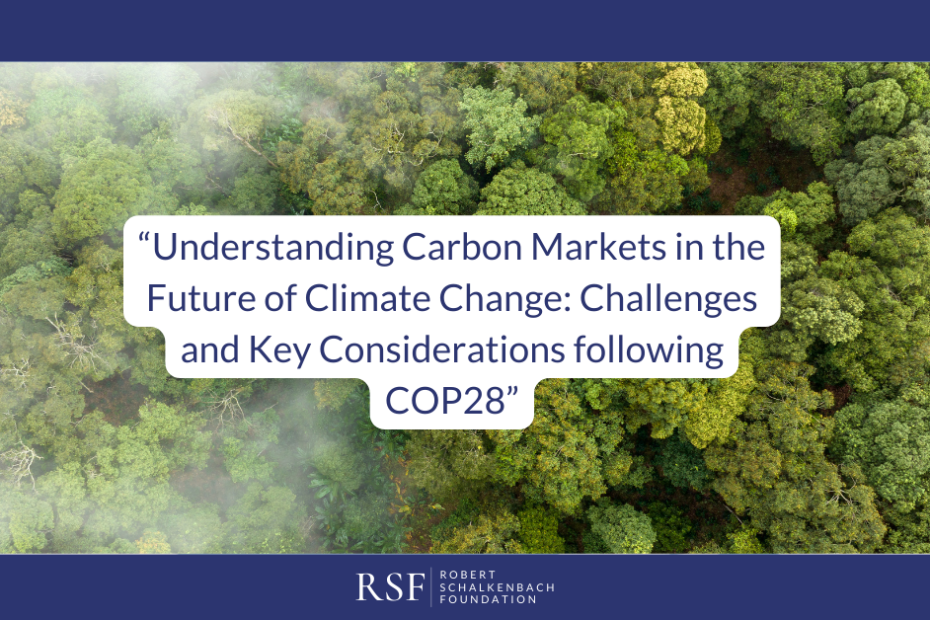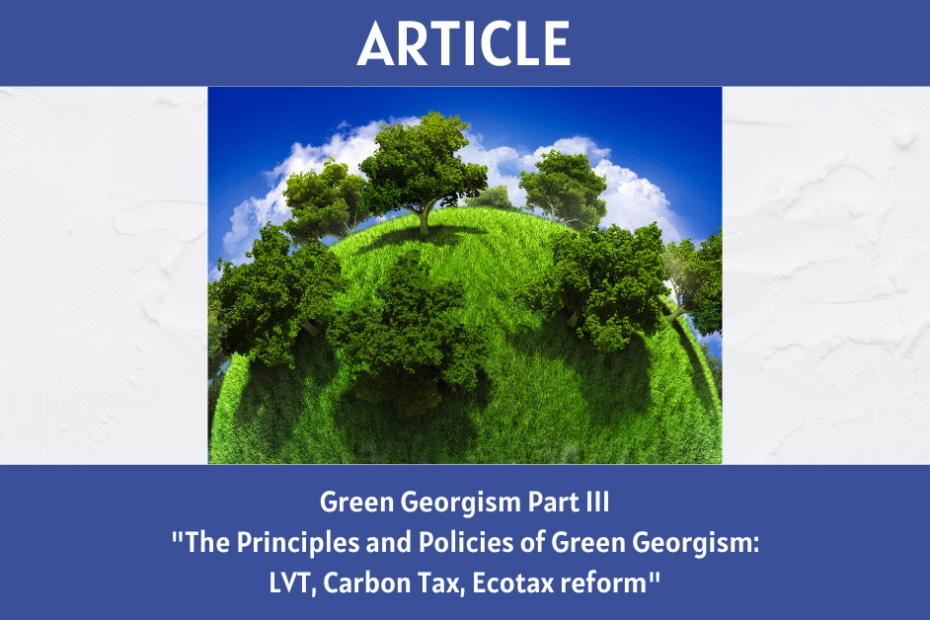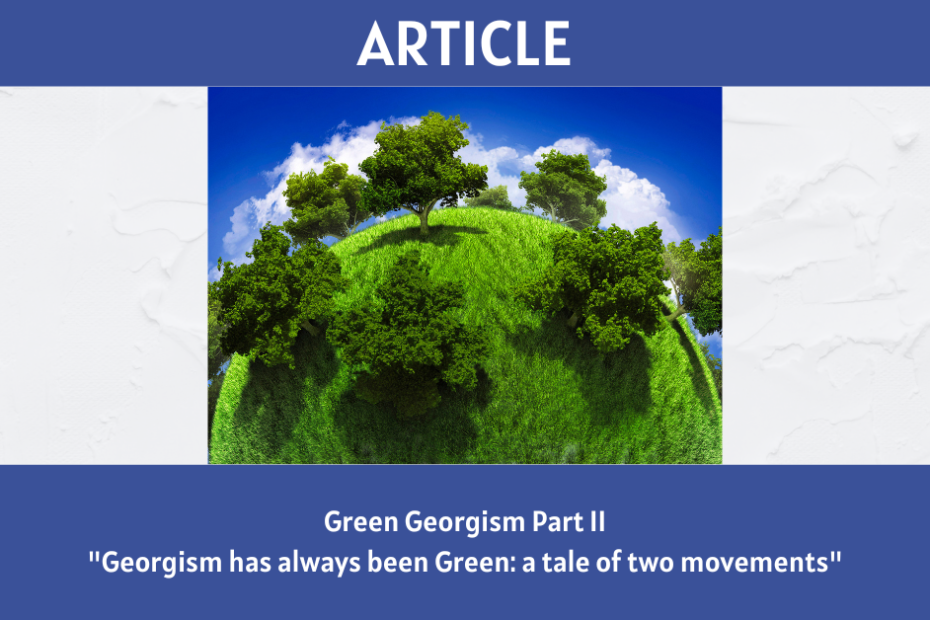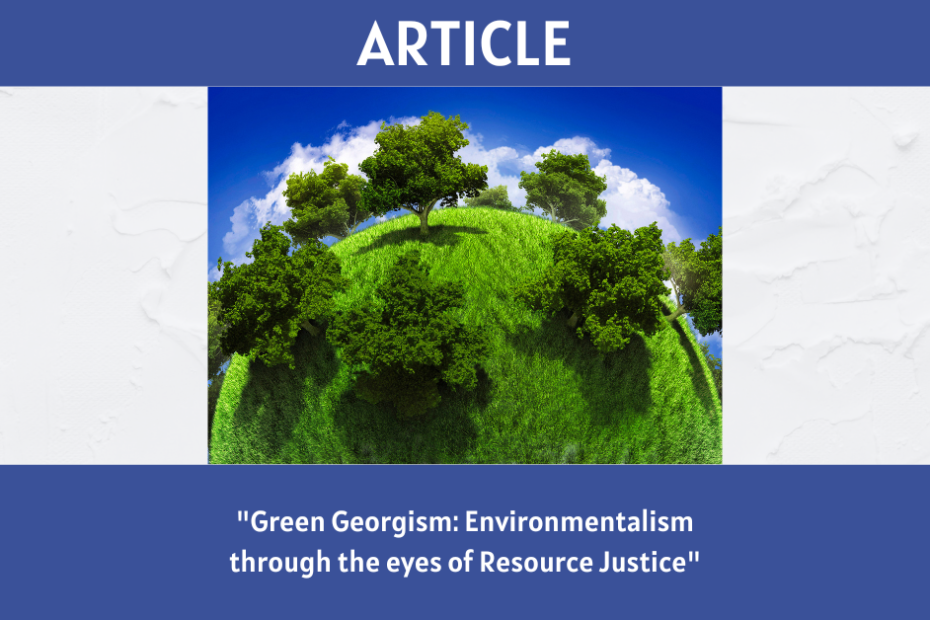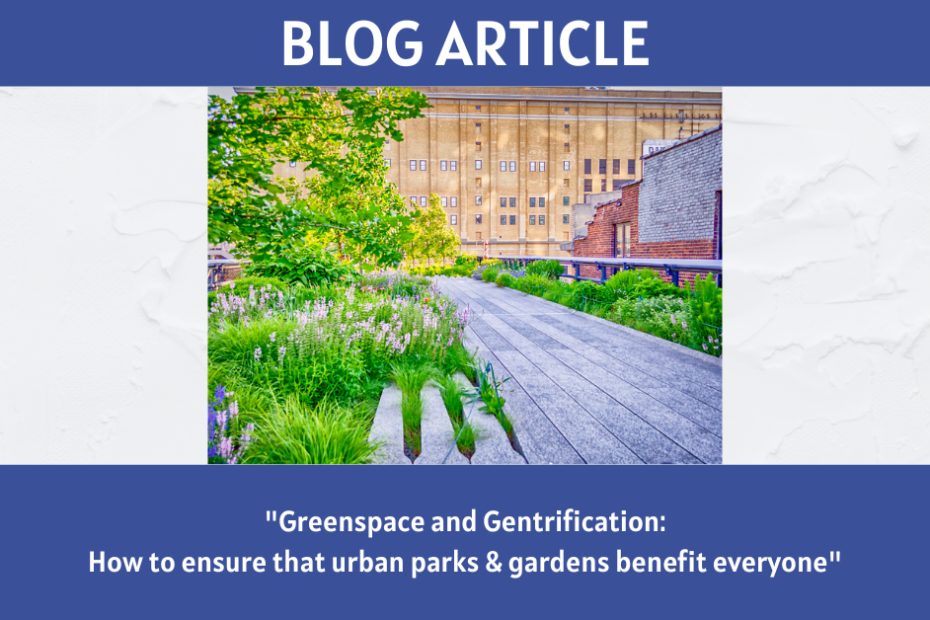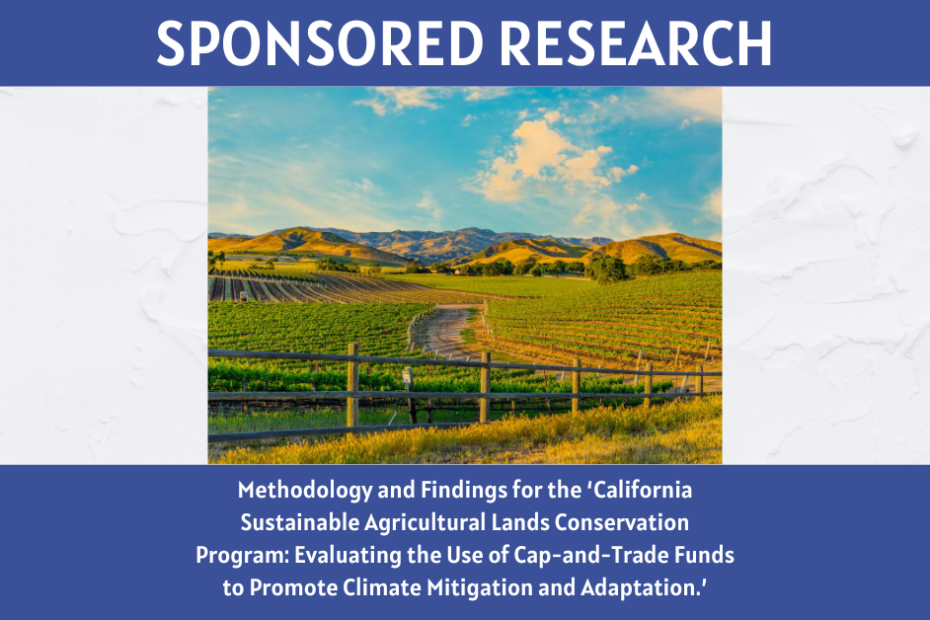It’s too easy for a northeastern US observer to have an overbearing and infuriating attitude regarding Mississippi. Unfortunately, Mississippi has a laundry list––or a butcher’s bill if you like, of past sins that stick in the craw of humanists and the respecters of justice alike.
That said, no one is innocent. Dr. Martin Luther King Jr. observed (after getting hit with a brick in Chicago), “As long as the struggle was down in Alabama and Mississippi, they could look afar and think about it and say how terrible people are. When they discovered brotherhood had to be a reality in Chicago and that brotherhood extended to next door, then those latent hostilities came out.”
So, we ought to look at the current problems in Jackson, Mississippi, bloodlessly and try to keep emotions out (I’m not saying it’s easy). What happens when a group surrenders political power but economic power remains the preserve of the privileged? Perhaps, it will turn out that political power is often no power at all. Instead, it takes politics and economics for political economy like two elements forming a chemical compound producing different behaviors.

